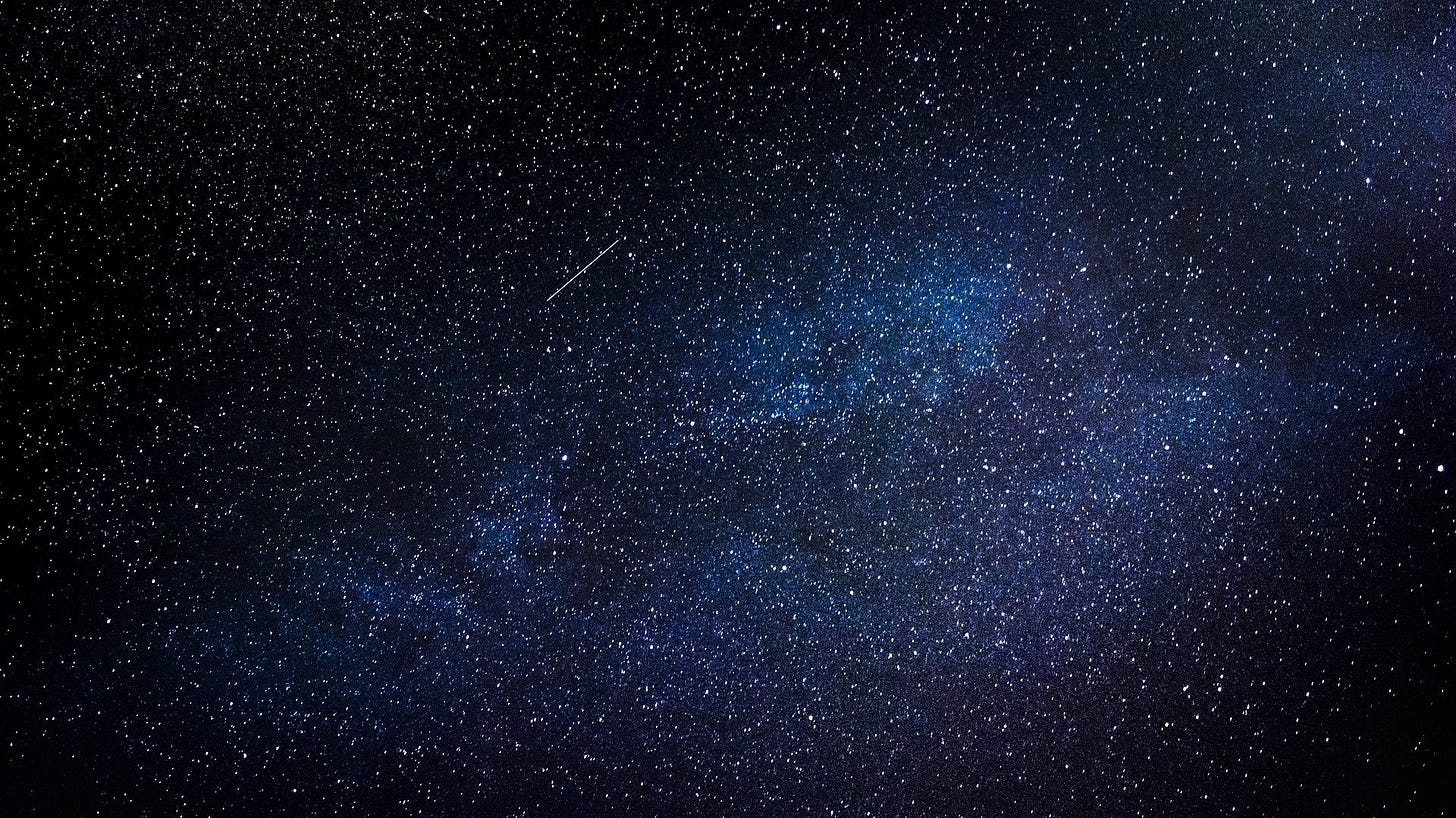If you walk into your local coffee shop during the morning rush (think pre-Covid) and ask people their astrological sign I can pretty much guarantee everyone will know their sun sign and a handful will know their rising sign or more–and that number is growing, particularly amongst millennials.
These days, astrology is booming in both its pop and more com…
Keep reading with a 7-day free trial
Subscribe to Crossroads Astrology to keep reading this post and get 7 days of free access to the full post archives.



